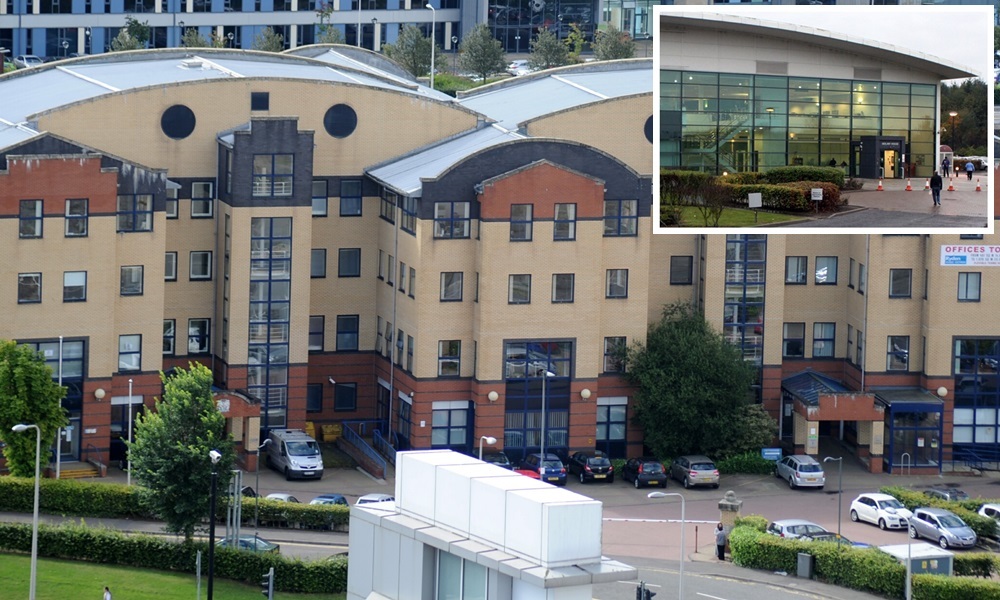Dundee is to lose both its HM Revenue and Customs offices under a controversial and radical shake-up by the UK Government.
The Courier understands the office at Caledonian House, where there are around 130 staff, will close in 2017/18.
Sidlaw House in the city employs a further 650 and those roles are transferring to the Department of Work and Pensions.
The plans are in line with what unions predicted in The Courier last month.
Bosses and officials from the Public and Commercial Services (PCS) Union are in talks with staff in Dundee.
HMRC is centralising its Scottish offices in Edinburgh and Glasgow.
Sources told The Courier the changes will result in 12 centres being closed across Scotland. Between 5,700 and 6,300 workers are expected to be based in the two “super hubs” in the country’s two biggest cities.
The union has said the move could have a “devastating impact on the Dundee economy”.
Staff were being given details on Thursday morning before the announcement was made public.
PCS said the cuts pose a “significant threat” to the operation of HMRC as well as to the working lives of staff. It called for full public and parliamentary scrutiny of the decision.
PCS general secretary Mark Serwotka said: “No one should be in any doubt that, if implemented, these proposals would be absolutely devastating for HMRC and the people who work there.
“Closing this many offices would pose a significant threat to the operation of HMRC, its service to the public and the working lives of staff, and the need for parliamentary scrutiny of the plans is undeniable and urgent.”
Local union leaders have previously told The Courier such moves could lead to increased tax evasion in the area, as well as taking money and jobs away from Dundee.
Last week, MPs on the Public Accounts Committee said HMRC’s customer service was so bad that it could be affecting tax collection.
Lin Homer, HMRC’s chief executive, said: “HMRC is committed to modern, regional centres serving every region and nation in the UK, with skilled and varied jobs and development opportunities, while also ensuring jobs are spread throughout the UK and not concentrated in the capital.
“HMRC has too many expensive, isolated and outdated offices. This makes it difficult for us to collaborate, modernise our ways of working, and make the changes we need to transform our service to customers and clamp down further on the minority who try to cheat the system.
“The new regional centres will bring our staff together in more modern and cost-effective buildings in areas with lower rents. They will also make a big contribution to the cities where they are based, providing high-quality, skilled jobs and supporting the Government’s commitment for a national recovery that benefitsall parts of the UK.”
HMRC said the changes would generate estate savings of £100 million a year by 2025 and lead to “better workplaces”.
See further coverage in Friday’s Courier.
